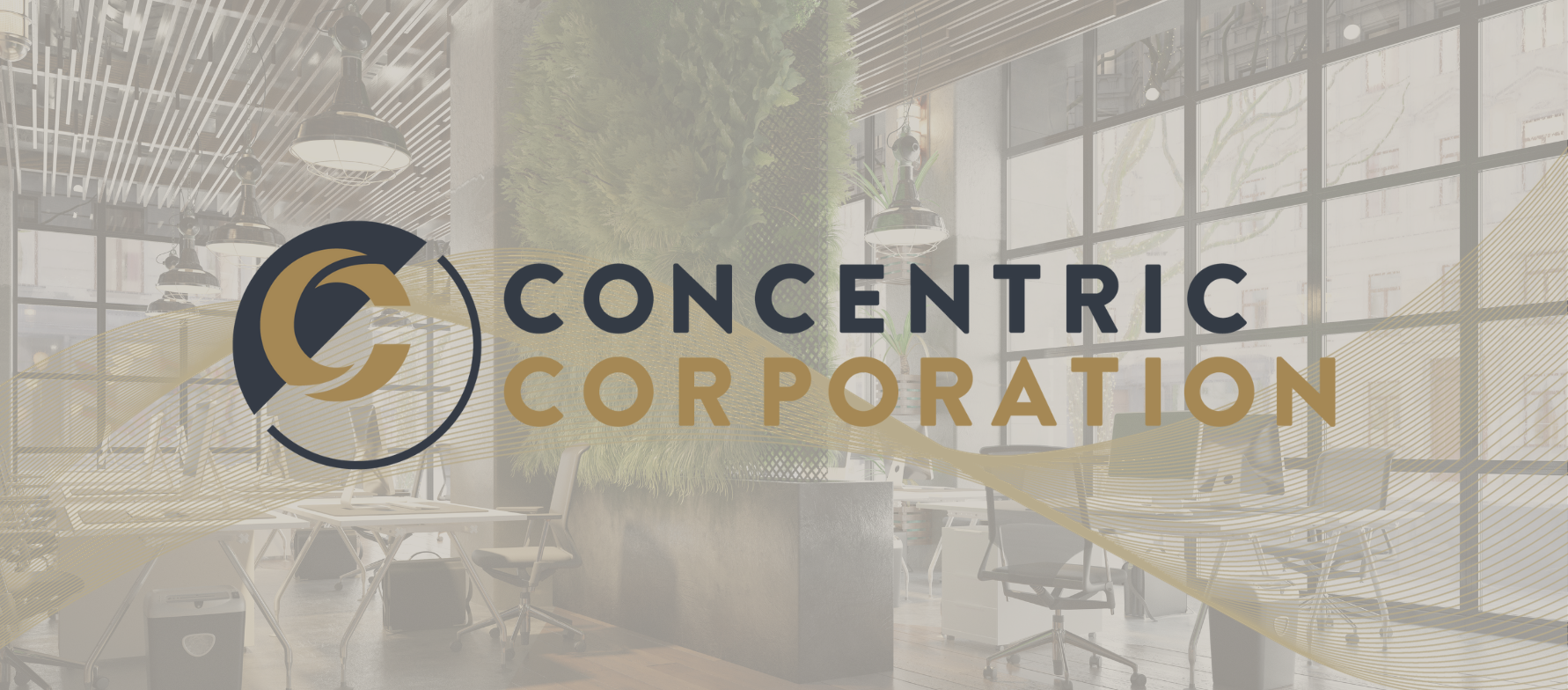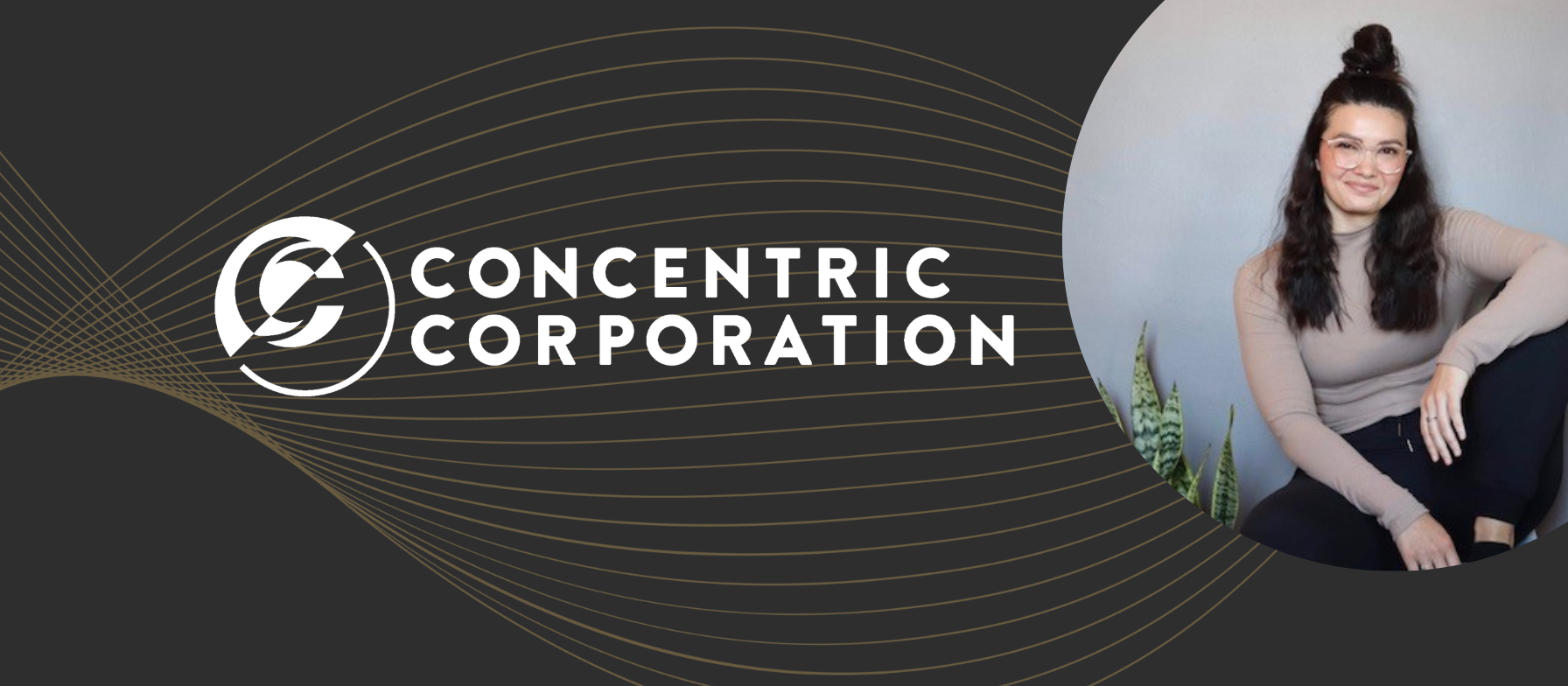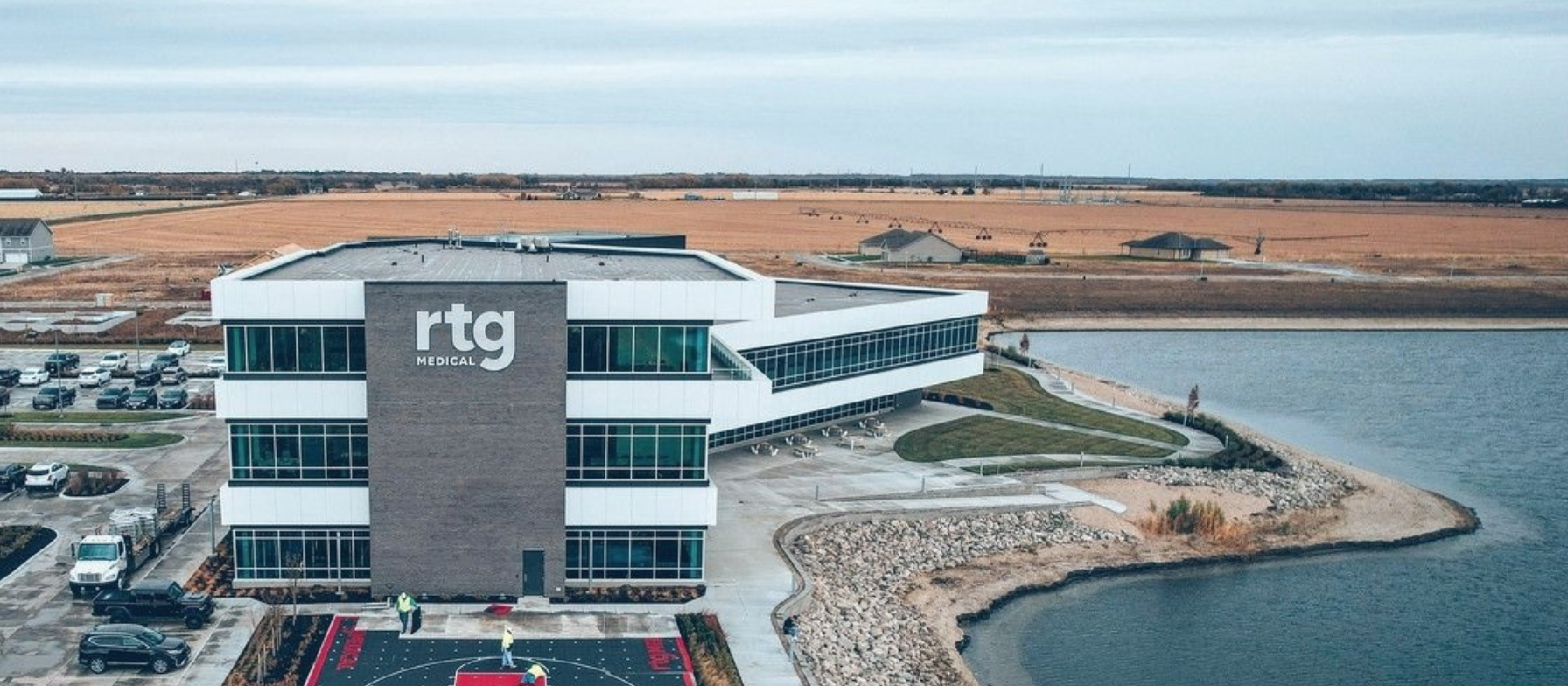In today’s rapidly evolving job market, adaptability is key to success, especially in your IT and Accounting job search. Despite the current challenges, opportunities abound for those who are proactive and strategic in their job search approach. At Concentric Corporation, we’re dedicated to helping job seekers navigate these uncertain times and emerge stronger than ever.
In this blog post, we’ll explore practical strategies and actionable tips to help you maximize your job search efforts in the current landscape, focusing specifically on careers in IT and accounting:
Embracing Remote or In-Office
While remote work has become increasingly prevalent, particularly in tech hubs, we understand that in-office work is still a requirement for many positions, especially in the Midwest. Navigating these work environments and highlighting the importance of flexibility and adaptability in today’s job market will open more career opportunites for you.
Highlighting Flexibility in Applications: Showcase your ability to thrive in different work environments on your resume and cover letter. Highlight any past experiences where you successfully transitioned between remote and in-office work, emphasizing your adaptability and productivity in each setting.
Upskilling for Success in IT and Accounting
Continuous learning is essential in competitive industries like IT and accounting. We’ll identify in-demand skills and certifications that can enhance your employability, whether you’re a software developer looking to master the latest programming languages or an accountant aiming to become proficient in financial analysis tools.
Identifying In-Demand Skills: Research current trends and job postings to identify the skills and certifications most sought after in IT and accounting roles. Look for emerging technologies, software, or methodologies that are becoming increasingly important in the industry.
Pursuing Relevant Certifications: Invest in certifications that align with your career goals and the requirements of your target roles. Whether it’s obtaining a Certified Public Accountant (CPA) license or earning a certification in a specific programming language or software, prioritize credentials that will make you a more competitive candidate.
Networking Strategies for IT and Accounting Professionals
Networking remains a powerful tool for job seekers in any industry. Learn how to build meaningful connections within the IT and accounting communities, both online and offline. View osme tips below for leveraging professional associations, industry events, and social media platforms like LinkedIn to expand your network and uncover job opportunities.
Joining Professional Associations: Become a member of relevant industry associations and attend networking events to connect with peers and potential employers. Engage in discussions, share insights, and seek out mentorship opportunities within these communities.
Leveraging LinkedIn and Online Platforms: Optimize your LinkedIn profile to showcase your skills and experiences, and actively engage with industry professionals through groups and discussions. Personalize connection requests and follow up with meaningful conversations to build lasting relationships.
Tailoring Your Job Search Approach for IT and Accounting Roles
Customization is key when applying for jobs in specialized fields like IT and accounting. We’ll discuss how to tailor your resume, cover letter, and portfolio to showcase your relevant skills and experiences effectively. Whether you’re targeting entry-level positions or senior roles, we’ll help you craft a compelling application that stands out to employers.
Customizing Your Application Materials: Tailor your resume, cover letter, and portfolio to highlight the specific skills and experiences relevant to each job you apply for. Use keywords and phrases from the job description to demonstrate your fit for the role and catch the attention of hiring managers.
Showcasing Technical Proficiency: For IT roles, include a section on your resume dedicated to technical skills, programming languages, and software you’re proficient in. Provide concrete examples of projects or accomplishments that demonstrate your expertise in these areas.
Staying Resilient in a Competitive Market:
Rejection and setbacks are inevitable in the job search process, but resilience is the key to success. Discover strategies for maintaining a positive mindset and staying motivated, even when facing challenges. From practicing self-care to seeking constructive feedback, we’ll help you navigate the ups and downs of the job search journey with confidence.
Seeking Constructive Feedback: After each job application or interview, solicit feedback from recruiters or hiring managers to identify areas for improvement. Use this feedback to refine your approach and enhance your candidacy for future opportunities.
Practicing Self-Care: Job searching can be emotionally taxing, so make self-care a priority. Maintain a healthy work-life balance, engage in activities that rejuvenate you, and seek support from friends, family, or professional networks during challenging times.
Exploring Alternative Career Paths in Tech and Accounting Positions
In addition to traditional full-time roles, consider alternative opportunities such as freelance work, contract positions, or project-based gigs. We’ll explore the benefits of these non-traditional paths and how they can provide valuable experience and flexibility in your career journey.
Considering Freelance or Contract Work: Explore opportunities for freelance or contract work in your field, which can provide valuable experience, flexibility, and exposure to different projects and industries. Websites like Upwork, Freelancer, or industry-specific platforms are great places to find freelance opportunities.
Networking with Industry Professionals: Connect with freelancers or contractors in your industry to learn about their experiences and gain insights into alternative career paths. Attend virtual meetups, webinars, or networking events focused on freelancing to expand your professional network and uncover potential opportunities.
The Concentric Advantage
At Concentric Corporation, we’re committed to empowering job seekers in the IT and accounting industries with the knowledge and resources they need to thrive in any market condition. By adopting a proactive mindset and implementing strategic job search tactics, you can navigate today’s challenges with confidence and land your next opportunity. Stay tuned for more expert insights and practical advice to help you succeed in your job search journey!




















